
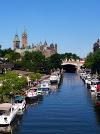
El Canal Rideau es una vía fluvial histórica que atraviesa Ottawa, la capital de Canadá. El canal ti[...]
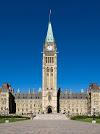
El Parlamento de Canadá es el edificio que alberga el poder legislativo del país y se encuentra ubic[...]
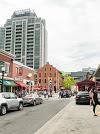
El ByWard Market es uno de los lugares más emblemáticos de la ciudad de Ottawa, en Canadá. Este merc[...]
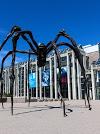
La Galería Nacional de Canadá está ubicada en Ottawa, en la avenida Sussex, y es una de las principa[...]
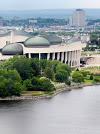
El Museo Canadiense de la Historia se encuentra en la ciudad de Gatineau, en la provincia de Quebec,[...]
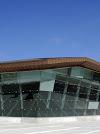
El Canadian War Museum está ubicado en 1 Vimy Place, Ottawa, Ontario, Canadá. El horario de apertura[...]
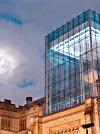
El Museo Canadiense de la Naturaleza está ubicado en Ottawa, la capital de Canadá. Es el museo de hi[...]
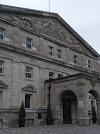
Rideau Hall es la residencia oficial del gobernador general de Canadá y se encuentra en Ottawa, la c[...]
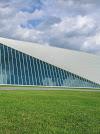
El Canada Aviation and Space Museum es un museo ubicado en Ottawa, Canadá, que se dedica a la histor[...]
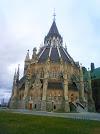
La Biblioteca del Parlamento se encuentra en Ottawa, Canadá, y es una de las bibliotecas más grandes[...]
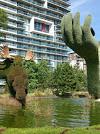
Jacques-Cartier Park es un hermoso parque ubicado en la ciudad de Ottawa, Canadá. Es uno de los luga[...]
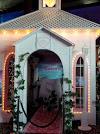
El Casino du Lac-Leamy está ubicado en Gatineau, Quebec, a solo unos minutos del centro de Ottawa. E[...]
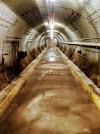
El Diefenbunker Museum es un museo ubicado en Ottawa, Canadá. Es un búnker subterráneo construido en[...]

Museo de ciencias y museo
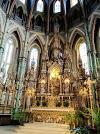
Basílica, catedral y arquitectura
La Basílica Catedral de Nuestra Señora es una basílica m[...]
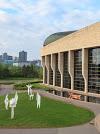
Museo
El Museo de niños canadienses se encuentra en el interior del Museo Canadiense de la [...]